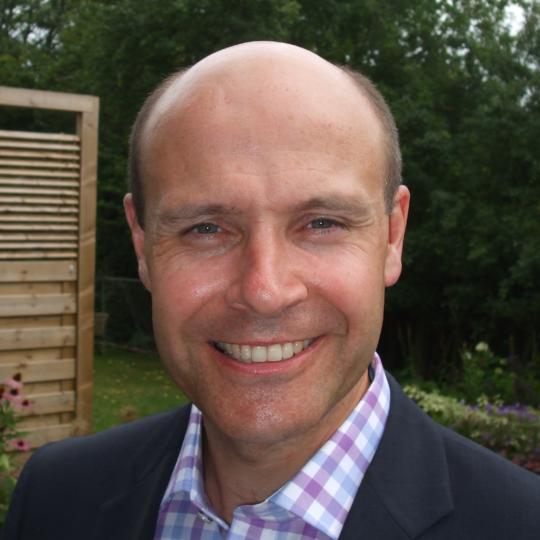The Children's Society "walked away from millions of pounds of public sector contracts" following doubts about their usefulness to beneficiaries, the charity's chief executive has said.
Matthew Reed also said his charity will focus more of its work on young people aged 10 to 18, because it believes this is where it can do the most good.
Reed was speaking to Civil Society News in the wake of comments made last month at an NPC conference, Leading Impact 2015.
“We have walked away over the last few months from millions of pounds of public sector low-impact contracts," he said. "Specifically around Sure Start Children’s Centres, which was not where we were going to have the biggest impact for children and young people.”
Reed said the charity is “walking taller” as a result.
"We are far more confident with what we are doing, what we are trying to achieve and what we are trying to pull off," he said.
“The choice is either to run lots of large-scale contracts just because we can, or choosing to run the contracts we know have the highest impact. The choice we have made as an organisation is to run those with a higher impact.
He said that his organisation was not opposed to all government contracts as low-impact, but that it had chosen to be more selective in order to ensure it did the most good, “rather than just growing the organisation by doing large scale contracts just for the sake of it.”
He said impact assessments carried out by the Children’s Society revealed that resources were better spent on older children aged 10 to 18, especially those facing a range of issues such as sexual exploitations, mental ill health, substance misuse and children in the asylum system. Work with early years children’s centres - including the government's Sure Start Centres – was less effective, the charity's research revealed.
“Those are areas where we know we have the highest impact as an organisation and therefore the work we are trying to shape with the public sector and with local and national government," said Reed. "We know from our own impact assessment how that can best be done and that’s the work we are choosing to do."
According to Reed, the charity's focus on impact has enabled it to develop a strategy to double the number of children helped by its services over the next five years.
“We plan to go from directly helping 20,000 to 40,000 children of the 10 to 18 age group. And in our indirect work, to move from supporting a million children a year to supporting two million children,” he said.
This would be funded jointly by “more focused public sector contracts” and voluntary income,” he said.
The charity’s high-impact strategy and selective choice of contracts has led to an increase in voluntary income, with larger donations recieved over the past 10 years than during any other time in its 140-year history.
Reed said the key to delivering high impact was to “keep an absolute focus on the question what will make the biggest difference to beneficiaries lives” and then to follow that “in a tenacious way even if it means making a brave decision about the way that work the charity is doing”.
“From the children’s point of view we think this is a brave move but it is also an ambitious move”, he said.









